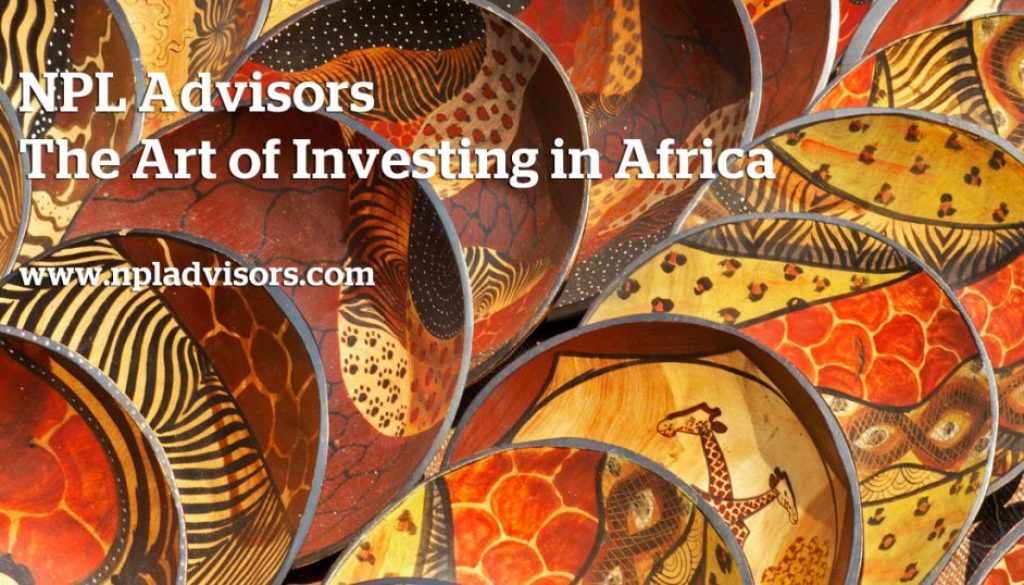Tectonic Shift – Part 3
Having discussed the possibility of the repositioning of American political thinking and touched upon one of the common elements linking the members that have thus far been appointed by President Elect Trump into his cabinet, are we any the wiser as to what strategy the incoming Republican administration could conceivably adopt in relation to the U.S.-Nigeria Trade and Investment Framework Agreement (TIFA)? Can the President Elect’s statement that “[he is] going to rip up those trade deals and we’re going to make really good ones” literally be taken at face value? It is my contention in this final part of the series that the quote should in fact be seen as an unexpected opportunity for both parties to actually strengthen the existing TIFA. The meaning and practical ways of strengthening this bi-lateral trade agreement will be expounded below.
As matters currently stand TIFA establishes a framework for expanding trade and resolving outstanding disputes between the US and Nigeria. It is seen as an important pre-requisite step towards establishing Free Trade Agreements between the two sovereign states. This usually takes the form of investing and trading, by way of export and import of goods and services, into each other’s financial and commodities markets. Thus in March 2014 the U.S. hosted the eighth meeting of TIFA where discussions focused on (i) improving market access, (ii) utilization of the African Growth and Opportunity Act (AGOA), (iii) protection of intellectual property rights, (iv) implementation of the new WTO Trade Facilitation Agreement, and (v) improving the bilateral investment climate.
Given Nigeria’s preeminent position as the largest market in West Africa and one of the largest economies in Africa, one would expect that this was a regional power house that the U.S. should not ignore and could benefit significantly from. In fact total U.S.-Nigeria trade (exports plus imports) was valued at $18.2 billion in 2013. U.S. imports from Nigeria were valued at $11.7 billion, $11.6 billion of which was crude oil. Non-oil Nigerian exports to the U.S. under the African Growth Opportunity Act which had been introduced by President Bill Clinton include leather, prepared vegetables, beans, cocoa paste, spices, and cassava. Conversely, U.S. exports to Nigeria were valued at $6.5 billion in 2013. Major U.S. exports to Nigeria include mineral fuels, vehicles, wheat, machinery, and plastics. The stock of U.S. foreign direct investment (FDI) in Nigeria was $8.1 billion in 2012 (latest data available), up 53.6% from 2011.
It is a truism that TIFA plays a vital role in advancing the common trade and investment interests of the U.S. and Nigeria and in strengthening the overall U.S.-Nigeria relationship.
In the light of the above what further practical steps can realistically be taken in order to deepen this potentially mutually beneficial trade framework?
Firstly, a more cordial and inclusive rhetoric, at the very top (i.e. governmental level) should not be underestimated. This would go a long way towards creating an environment of goodwill and mutual respect in order for serious and meaningful bi-lateral talk and negotiations to take place.
Secondly, the opportunities for blue and white collar workers, farmers, businesses and consumers in both countries should be addressed as a matter of priority. Given the ever increasing Chinese strategic interest and influence in all sectors and industry in sub Saharan Africa, including Nigeria, as a source of boosting its domestic markets, it would be a missed opportunity for the U.S. not to use TIFA as a forum for striking similar/favourable commercial terms as the Chinese have done and continue to do. The U.S. could, by way of example, leverage its technical know-how in a range of sectors such as high tech services and renewable energy in exchange for raw materials and commodities such as oil and gas.
Thirdly, from a U.S. perspective a strong TIFA would give the U.S. a degree of influence in not only the Economic Community of West African States (ECOWAS) but also the African Union (AU). Whereas the Chinese have and continue to deepen their relationship with both ECOWAS and AU (and this for the sake of ensuring that their interest in commodities, forestry, land etc. is protected at a regional and continental level) the U.S. would seem to adopt a less strategic and tactical approach.
It is hoped that President Elect Trump’s administration does not embark on or adopt a policy of ‘benign neglect’ in so far as TIFA is concerned.



